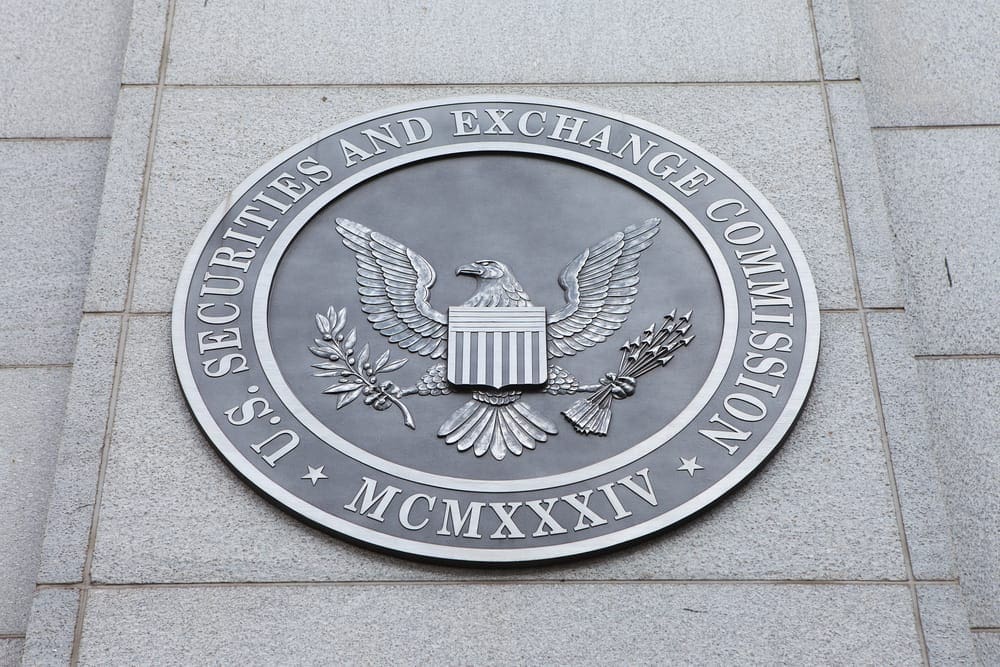The U.S. Securities and Exchange Commission (SEC) recently filed charges against eight social media influencers in a $100 million securities fraud scheme. They used Twitter to build followers and direct them to their podcasts or Discord, which they used as a virtual boiler room to pump securities. They are seasoned stock manipulators. Twitter, TikTok, and Instagram are full of crypto influencers who recently also massively promoted the FTX scam. When will action be taken against them?
In October 202, the SEC settled with reality TV star Kim Kardashian for touting on social media the EMAX token without disclosing the $250,000 payment she received for the promotion. Kardashian agreed to pay $1.26 million in penalties, disgorgement, and interest.
Most recently, we saw the collapse of Sam Bankman-Fried‘s crypto exchange FTX, where celebrities and influencers willingly market financial products on social media for good money without having the proper license to do so. More than a million victims are the result.
On Twitter, influencers like Ben Armstrong, a/k/a BitBoy (see profile here), are active as promoters for crypto schemes in exchange for payment. Some of them have turned out to be scams or failures.
In the context of FTX, Canadian celebrity entrepreneur Kevin O’Leary, a/k/a Mr. Wonderful (@kevinolearytv), has also come to attention as a fierce paid promoter and spokesperson for FTX. He, too, apparently has no closer look or license to sell financial products like crypto. In a hearing before the Senate Banking, Housing and Urban Affairs Committee of the U.S. Congress, O’Leary blamed the collapse and total loss of FTX customers on competitor Binance. He did not mention his own responsibility.
Or take Jim Cramer (@jimcramer), the Mad Money host at CNBC. He turned influencer and uses the clout of his 1.1 million Twitter followers to either promote or badmouth companies and their products.
It’s time for regulators to take more consistent action against these celebrities and influencers. Laws and regulatory provisions for this exist. Anyone who sells or promotes financial products needs a license. Anyone who recruits customers with false information is liable to prosecution.
